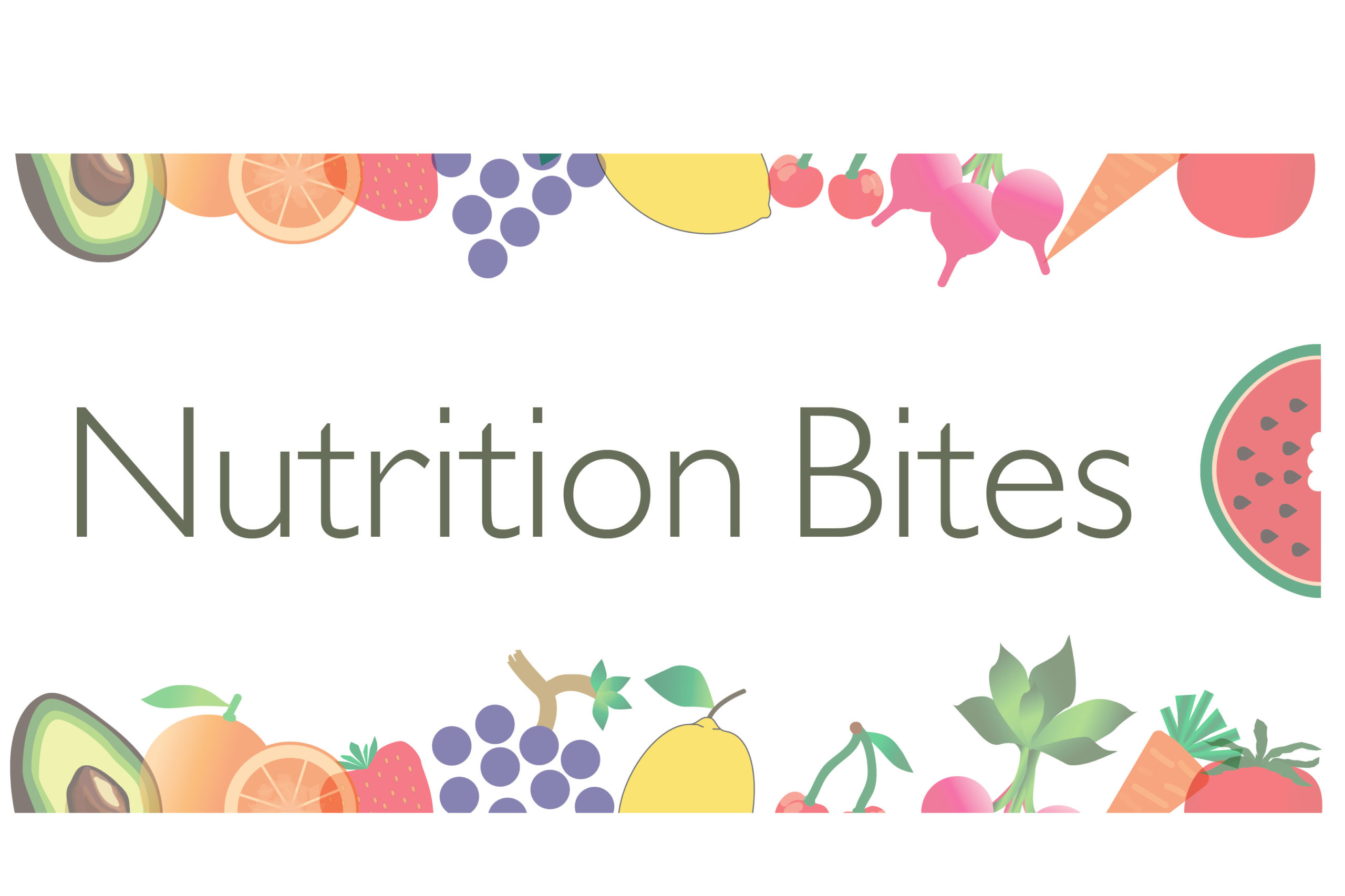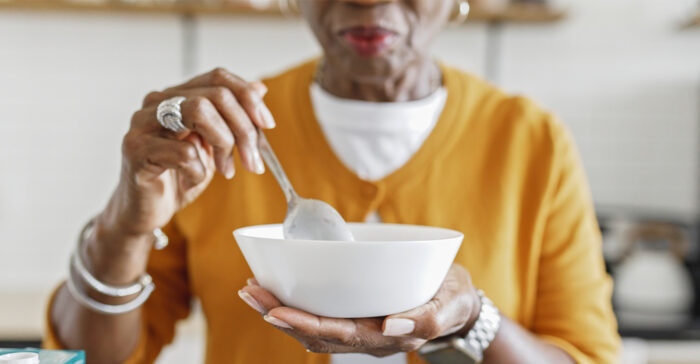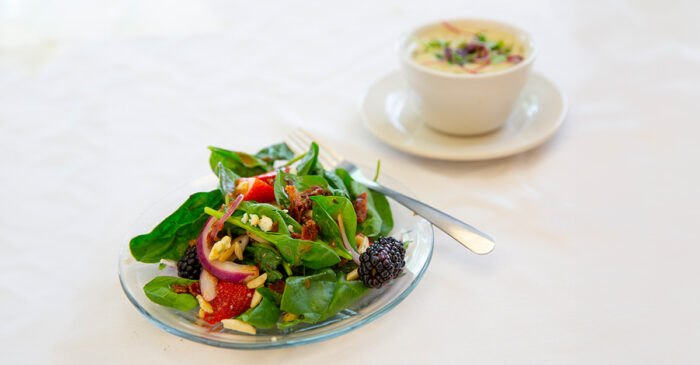As we age, our likelihood of developing various conditions tends to increase — and gout is no exception. Gout, a type of arthritis characterized by painful flare-up of the joints, is caused by the buildup of uric acid crystals. While gout occurs most often in the joints of the big toe, it can affect any joint.
Despite the increased risk of developing this condition as you age, your dietary habits can play a significant role in helping to prevent gout. Here’s what you need to know (and eat!).
What To Eat
The body produces uric acid when it breaks down purines — substances found naturally in the body and that also occur in certain foods.
By lowering your intake of purine, you’re subsequently lowering production of uric acid. Here are a variety of foods that are part of a low-purine diet:
- Complex carbohydrates: Fruits (specifically cherries), vegetables and whole grains. Some vegetables, such as asparagus and spinach are high in purine, but studies have shown they don’t contribute to gout attacks.
- Lean protein: Focus on lean proteins such as poultry and lentils.
- Low-fat dairy: Studies have shown that diets including low-fat dairy have been shown to reduce risk of gout.
- Coffee: Drinking coffee in moderation can aid in preventing gout.
What Not To Eat
- Red meat: Red meat and, more specifically, organ meats such as liver and kidney, have high purine levels.
- Seafood: Certain types of seafood and shellfish may contain higher levels of purine.
- Alcohol: Alcoholic beverages — specifically beer — are associated with gout and contribute to repeat bouts.
- Sugary foods and beverages: Sweets like candy, cookies, bakery items, and sweetened beverages can increase uric acid in the body.
Other Considerations
In general, eating a low-purine, balanced diet is the best way to manage your risk of gout.
In addition, achieving a healthy weight, avoiding smoking and regularly exercising are other ways to lower your likelihood of developing gout — and help you achieve a greater overall health status.

Kelley Cox, MS, RD, CSG is the director of Nutrition for Independence Village and Story Point. As part of the culinary team, Kelley ensures nutritional menu standards are met for all licensed neighborhoods and provides guidance to our chefs in developing healthy menu options for all residents.
Kelley holds a Bachelor of Science in dietetics and a Master of Science in human nutrition from Eastern Michigan University and has been a registered dietitian since 2010. She is a board-certified expert in gerontological nutrition.












